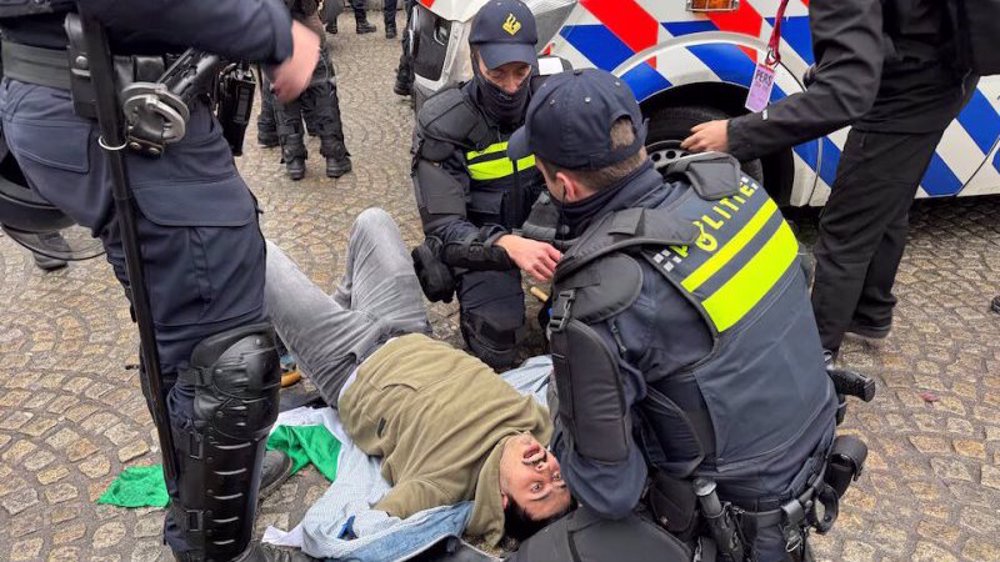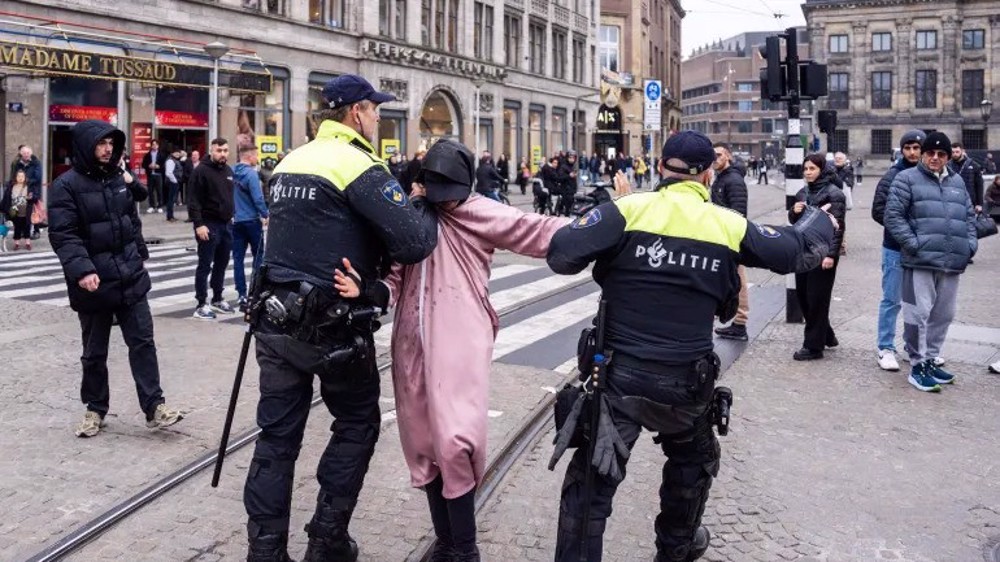Eurozone ministers agree to unlock new bailout money for Greece
Finance ministers from the 19-member monetary club of the European Union have struck a crucial deal with Greece’s cash-strapped government to extend further bailout money to the country.
Early on Wednesday, Eurozone finance ministers emerged from an 11-hour meeting in Brussels, having agreed to give Greece access to a €10.3-billion ($11.48 billion) tranche of bailout funds.
The money would be split into two payments: €7.5 billion ($8.3 billion) to be paid in June and €2.8 billion ($3.12 billion) in September.
The €10.3 billion is part of the long-delayed second installment of Greece’s third bailout loan, which was agreed on last August and is worth €86 billion ($95.9 billion).
“This is an important moment in the long Greek program, an important moment for all of us, since last summer when we had a major crisis of confidence between us,” said Jeroen Dijsselbloem, the Eurogroup’s president and Dutch finance minister.
“We achieved a major breakthrough on Greece, which enables us to enter a new phase in the Greek financial assistance program,” he said.

Dijsselbloem further said that a package of debt measures would be “phased in progressively.”
More bailout money for Greece had been withheld as Athens was at loggerheads with the International Monetary Fund (IMF) — one of its three international lenders — over demands to make extra state savings.
Dijsselbloem said he was “glad to confirm” the IMF was now on board.
Poul Thomsen, the director of the IMF’s European program, said the US-based international organization had made “a major concession.”
“We had argued that [debt relief measures] should be approved upfront and [now] we have agreed that they should be made at the end of the program period,” he said, referring to the measures Athens will have to take as required by the lenders in return for the bailout.

Thomsen warned, however, that the IMF board in Washington still had to agree to the fund’s participation.
Greece also secured pledges of further debt relief if it continues to carry out reforms.
The developments came two days after the Greek parliament passed a new raft of spending cuts and tax rises in order to unblock the aid, much-needed to help the government repay the country’s debt within the next few months.
The creditors have already granted Greece two bailout loans — one in 2010 and the other in 2012 — worth a total of €240 billion ($272 billion).
An economic crisis hit Greece back in 2009. Since then, the country has witnessed a high unemployment rate and numerous labor protests.
UN report says Israel’s methods in Gaza align with ‘genocide’
Attempts to dehumanize Hamas resistance movement doomed to fail
BRICS offers Turkey partner status, says Turkish minister
Over dozen killed as twin Israeli strikes hit Syrian capital, suburb
Trump team drawing up list of Pentagon officers to fire: Sources
IRGC Ground Force disbands terrorist team in southeastern Iran
Resistance front to deliver ‘painful’ blows to enemies: IRGC chief
UNRWA chief warns of 'catastrophic consequences' of Israeli ban on agency


















 This makes it easy to access the Press TV website
This makes it easy to access the Press TV website